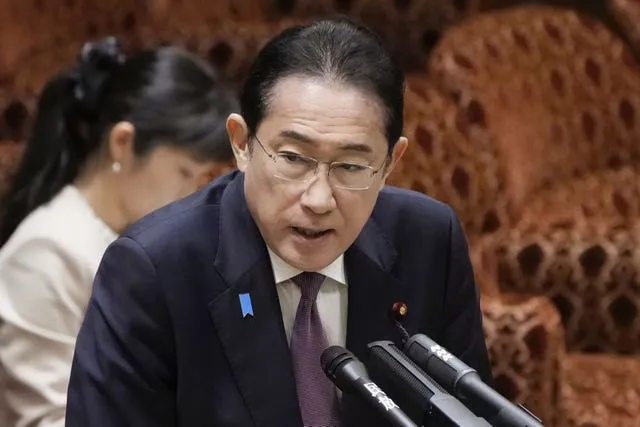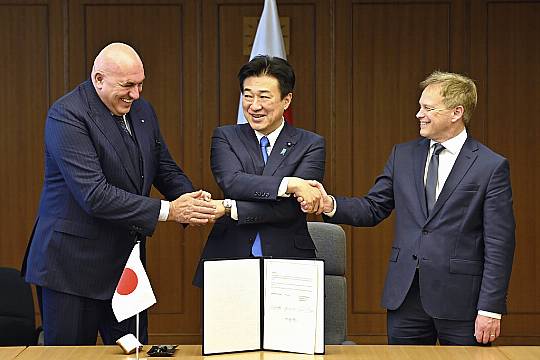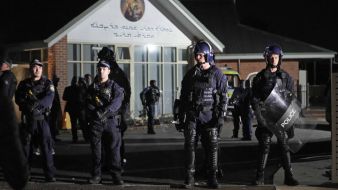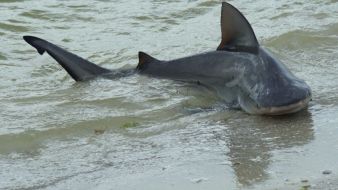Japan’s cabinet has approved a plan to sell next-generation fighter jets it is developing with Britain and Italy to other countries.
It is the latest move away from the country’s post-war pacifist principles.
Tuesday’s contentious decision to allow international arms sales is expected to help secure Japan’s role in the joint fighter jet project and is part of a move to build up the Japanese arms industry and bolster its role in global security.
The cabinet also endorsed a revision to Japan’s arms equipment and technology transfer guidelines to allow co-produced lethal weapons to be sold to countries other than the partners.

Japan has long restricted arms exports under the country’s pacifist constitution, but has rapidly taken steps to deregulate amid rising regional and global tensions, especially from nearby China.
The decision on jets will allow Japan to export lethal weapons it co-produces to other countries for the first time.
Japan is working with Italy and the UK to develop an advanced fighter jet to replace its aging fleet of American-designed F-2 fighters and the Eurofighter Typhoons used by the UK and Italian militaries.
Japan, which was previously working on a homegrown design to be called the F-X, agreed in December 2022 to merge its effort with a British-Italian program called the Tempest for deployment in 2035.
The joint project, known as the Global Combat Air Program or GCAP, is based in the UK.
Japan hopes the new plane will offer advanced capabilities Japan needs amid growing tensions in the region, giving it a technological edge against regional rivals China and Russia.
Because of its wartime past as aggressor and the devastation that followed its defeat in World War II, Japan adopted a constitution that limits its military to self-defence.
The country long maintained a strict policy to limit transfers of military equipment and technology and ban all exports of lethal weapons.
Opponents have criticised Prime Minister Fumio Kishida’s government for committing to the fighter jet project without providing an explanation to the public or seeking approval for the major policy change.
To address such concerns, the government is limiting exports of co-developed lethal weapons to the jet, and has promised no sales will be made for use in active wars.
The government also assured the revised guideline for the time being only applies to the jet and that it would require cabinet approval to do so.
Potential purchasers will be limited to the 15 countries Japan has signed defence partnership and equipment transfer deals with.
Recent polls suggest public opinion is divided on the plan.
Mr Kishida sought cabinet approval before signing the GCAP agreement in February, but it was delayed by resistance from his junior coalition partner, the Buddhist-backed Komeito party.
Mr Kishida is planning an April state visit to Washington, where he is expected to stress Japan’s readiness to take on a greater role in military and defence industry partnerships.







